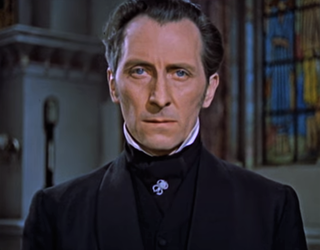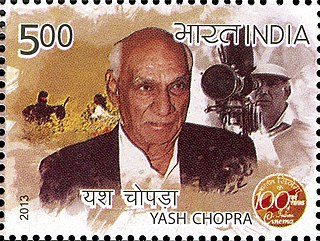A Quote by Taylor Hackford
I make films about working class people. All my films have always been about that. For example, the brothel is a workplace. It's aberrant, but a workplace nonetheless. I was more interested as opposed to glamorizing and saying, oh, this is a great erotic place, it's a place of business. The commodity is sex.
Related Quotes
Films have been my only passion in life. I have always been proud of making films and will continue taking pride in all my films. I have never made a movie I have not believed in. However, though I love all my films, one tends to get attached to films that do well. But I do not have any regrets about making films that did not really do well at the box office.
The really successful work in England tends to be working-class writers telling working-class stories. The film industry has been slow to wake up to that, for a variety of reasons. It still shocks me how few films are written or made in England about working-class life, given that those are the people who go to movies.
Conversations about films are always funny. I would say a majority of people want to talk about what were the more obvious successes; the big box office films. Other people wanting to be more sensitive to you want to talk about the ones that maybe didn't make a lot of money, but they think you might have a special feeling about. And then other people sometimes want to help you by suggesting that you should have done this or that in the movie, that that would have helped you a great deal in whatever capacity.
Even at legal brothels, sex workers have very little power and control over their workplace. They might have power with their customers on a case-by-case basis in terms of what they want to do and not do, but they don't necessarily have a lot of power in how that business operates. There's this presumption that sex workers are broken people, so how could they engage in something like workplace democracy? How could they even have demands?
I'm really interested in mythology and folklore. I'm interested in moralities, why we're here, faith... all of these bigger questions that I think we can place in films that allow us to question and give us a safe place to feel. Those types of questions can pop up in all sorts of different types of films - drama, comedy, action movie.
From its onset, the labor movement has been at the forefront of the fight to improve working conditions and workplace safety. At the local level, knowing their union has their back gives workers the confidence and support they need to stand up and report harassment, poor working conditions, or workplace safety violations.
The problem is that affirmative action could never really get at the issue of corporate power in the workplace, and so you ended up with the downsizing; you ended up with de-industrializing. You ended up with the marginalizing of working people and working poor people even while affirmative action was taking place, and a new black middle class was expanding.




































